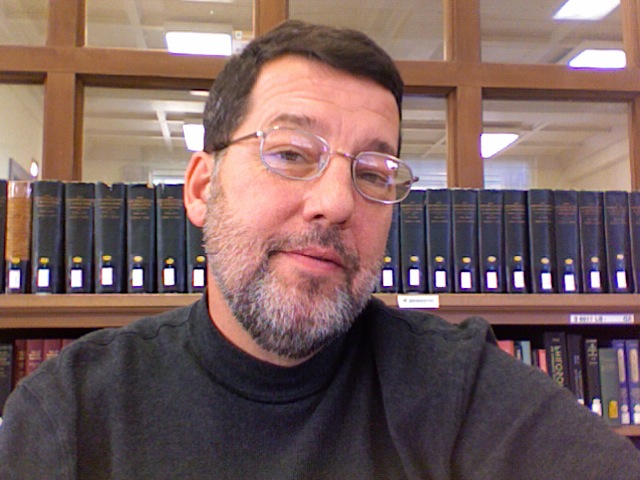
29 Dec PAT BAILEY’S SPIRITUALITY WITH RELIGION
Editor’s note: In his doctoral dissertation, Pastor Pat Bailey of Telluride’s Christ Presbyterian Church is claiming the need for a re-visioning of the Christian church’s theology and its understanding of mission, the need for a more natural, integrative theology and for an earth-focused, contextual approach to mission. This blog is part of a long-running weekly series.
I am not sure if the late-modern shifts in spirituality and religion are revolution, reformation, or evolution. They might be all three. The shifts involve both a rejection and an embracing, and what remains of the wisdom from the past will depend upon each tradition’s handling of their own treasures and their interaction with one another, offering from their bounty both “what is new and what is old” (from Matthew 13:52 in the Christian scriptures). I have argued that the church is in need of a more integrative approach to spirituality that effects a model for its mission that responds to the deep sense in late-modernity of spiritual yearning, searching, and questing and that resources persons for the level of decision-making and accountability needed to respond to the multitude of alternative paths with which they are confronted.
Pastoral theologian and codirector of the Institute of Spirituality, Philip Sheldrake, makes the important observation, “spirituality is one of those subjects whose meaning everyone claims to know until they have to define it.” Adding to the difficulty, the definition may be very different when considered from various and evloving stages of culture and consciousness. Correspondingly, Sheldrake makes the important observation that spirituality, in terms of both definition and experience, is not a static entity, but rather develops and shifts and emerges, both in the history of traditions and in the experiencing of individuals and communities.
Sheldrake provides further guidance in naming spirituality by identifying some of the characteristics of the spirituality that has emerged in the late-modern period:
“Firstly it is not exclusive–certainly not associated exclusively with any one Christian tradition, nor even necessarily with Christianity as a whole. Secondly, while if anything more, rather than less, associated with solid theology than in the recent past, it is not simply the prescriptive application of absolute or dogmatic principles to life. Thirdly, it does not so much concern itself with defining perfection as with surveying the complex mystery of human growth in the context of a living relationship with the Absolute. Finally, it is not limited to concern with the interior life but seeks an integration of all aspects of human life and experience.”
Much of what Sheldrake says resonates with the expression of persons as surveyed in my context, especially the inclusion of multiple religious and spiritual worldviews, the rejection of absolute or dogmatic principles, engagement with the complex mystery of human life and transcendence, and the integration of spirituality with all aspects of life and experience.



Sorry, the comment form is closed at this time.